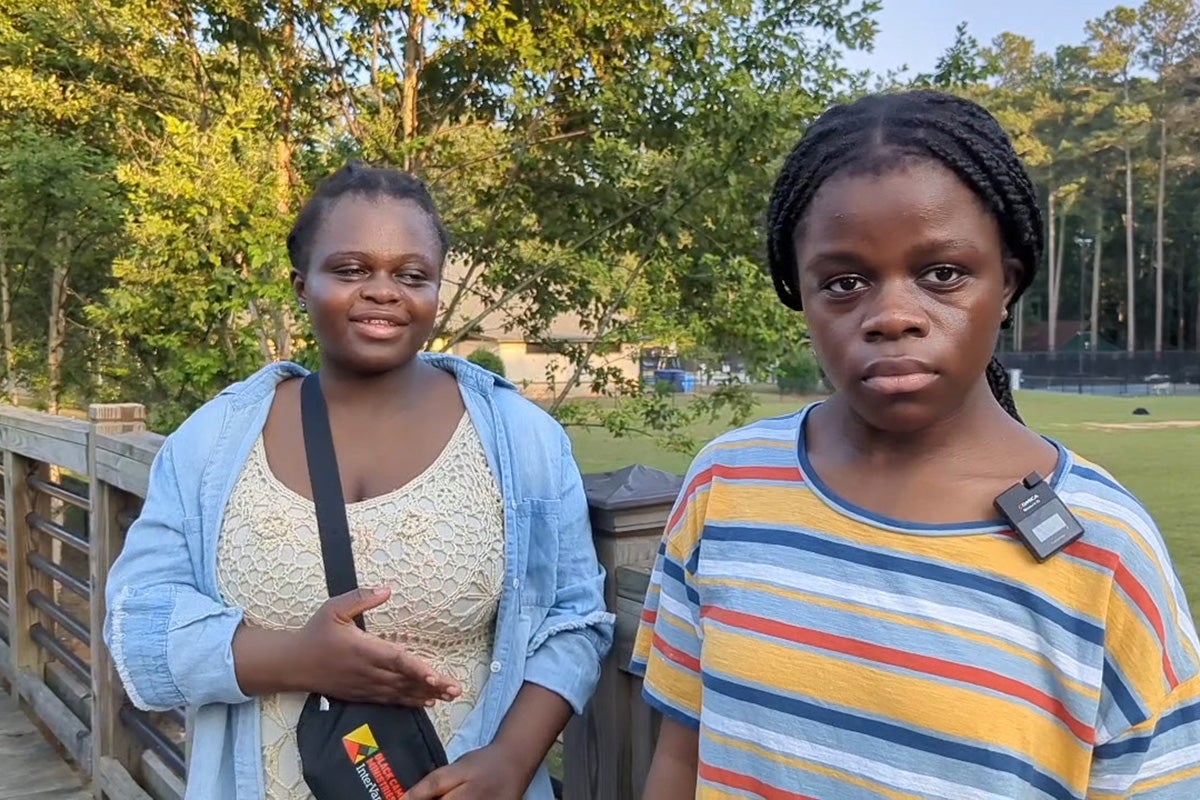
Opinion
Public health’s spirituality disconnect
The separation of church and state has long represented a hallowed legal principle. As a result, perhaps, the field of public health has often divorced itself from spirituality—to the detriment not only of the diverse populations we serve but also of ourselves.
The vast majority of people in the world, including those who live in the United States, identify with a religious or spiritual tradition. But public health educators, funders, and practitioners have not yet fully recognized the large body of evidence that links spiritual practices and identity with a host of positive health outcomes. Few medical or public health students, for example, study the link between spirituality and health. Faculty seldom share their own spiritual values in the classroom; the rare academicians who identify as religious or spiritual tend to self-censor.
These blind spots harm us all. Students entering the world of public health rarely get to examine, in an academic setting, the values that drive them to find ultimate meaning and purpose in their lives. During the COVID-19 pandemic, the lack of collaboration between public health leadership and religious communities eroded communication and trust and contributed to some religious communities experiencing disproportionate levels of non-vaccination and COVID-related illness.
Sign up for Harvard Public Health
Delivered to your inbox weekly.
Our team from the Harvard Initiative on Health, Spirituality and Religion studies ways to bridge the public health disconnect between body and soul. As part of our commitment to research and practice, we worked in 2022 alongside several dozen colleagues nationwide to analyze the most rigorous studies published on the topic this century and to make recommendations for the future.
First, we documented that a growing literature emphasizes the importance of spirituality for the general population and for individuals, particularly during serious illness. For instance, people who regularly attended religious services had lower rates of depression, suicide, and all-cause mortality and demonstrated lower rates of alcohol, tobacco, and illicit drug use.
We recommended, along with our coauthors and a national expert panel, that religion and spirituality—that is: meaning, purpose, and connection to something bigger than ourselves—should be recognized as a social factor associated with health. We also recommended that public health professionals and students learn about the association between spirituality and better outcomes.
We suggested that health care professionals consider the benefits of spiritual community participation to improve health. Primary care doctors can ask that patients connect to the faith or tradition that helps them, if one exists, especially in times of need. They can also suggest other forms of community for patients who don’t identify as religious or spiritual.
In a publication this past summer, we cited some notable examples of policies, practices, and systems where spirituality is considered a determinant of health. For example, the Centers for Disease Control recently included “worship” as a social determinant of health, paving the way for religious communities to be included more routinely in population health efforts. The White House Office of Faith-Based and Neighborhood Partnerships has served as a touchpoint between government and faith-based efforts across four presidential administrations.
At the state level, California is now exploring how Medicaid funds can help faith communities and ministerial associations address health-related social needs within congregational settings. And at the local level, the New York City Department of Health includes faith as a pillar of public health, while health systems in Memphis, Tennessee and Winston-Salem, North Carolina have pioneered ways to engage faith networks in expanding social support for hospitalized members of local congregations. All of these efforts can increase access to care and reduce health disparities.
These efforts are not yet fully part of mainstream public health initiatives, but public health leaders can begin to move them forward. Spirituality, including religion, should be recognized in public health and medical education, including through lectures that review the surprisingly large and strong body of evidence on this topic. Communication, relationships, and trust between public health leaders and faith communities should be fostered. These efforts must anticipate and welcome different world views, focusing on common goals, while acknowledging that, at times, religious differences are sources of disagreement and even harm.
Finally, there must be better national coordination between academic and faith-based groups to understand and measure public health efforts. Future research should also consider outcomes that matter to spiritual communities, such as increased hope, a sense of meaning in life, or improved social connection.
Bridging the gulf between spirituality and public health could make us all healthier. Doing so will not always be easy or comfortable. In many cases, it will mean engaging with new communities and new ideas. But public health requires appraising the wide range of factors linked to health and well-being and following the evidence with humility and courage. Only this will bring us all closer to the fundamental human right of the highest attainable standard of health.
Image: Sandstone PS / Adobe Stock


